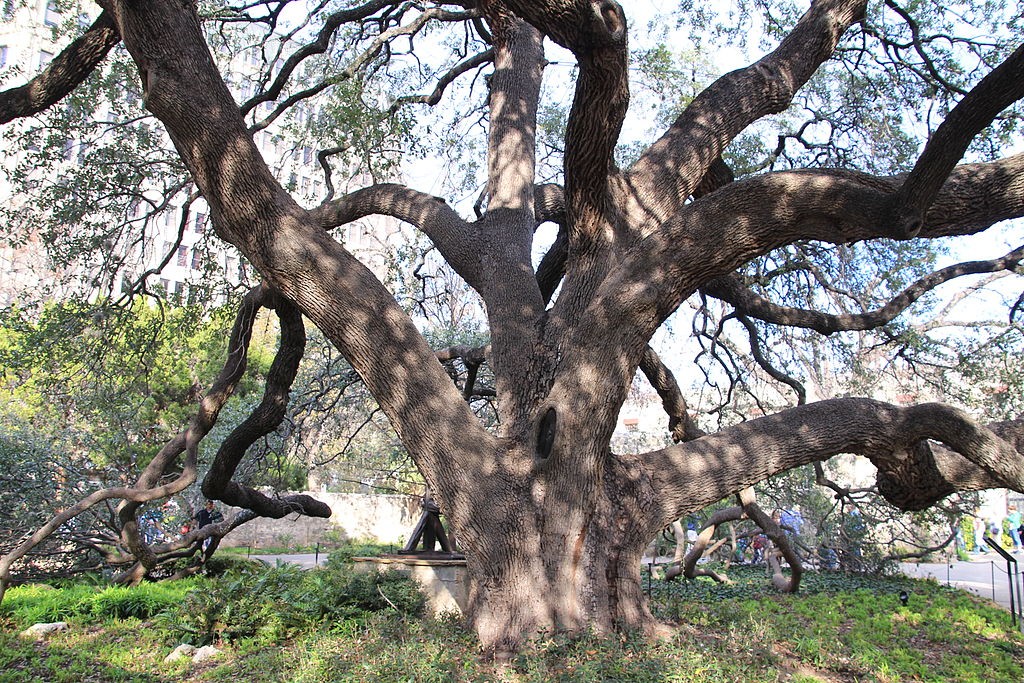
This is a long post. Just shy of 6k words. It began in a Facebook note, subsequently posted at Cosmos the in Lost, where I talked aloud about the week off I took this past week. I wrote:
I may also try to pen a retrospective of sorts, recalling my own political journey to wherever it is that I am now politically.
I especially want to disclose my process of rejecting the right-wing politics that slowly evolved out of the mostly apolitical (and very social justice oriented) Charismatic Renewal movement in the US and Latin American Catholic Church. This is important for me in order to show that many of those going through a similar process of evolution–and also those trying to defend what remains of that position–are experiencing.
It is something that is common to a particular form of life in American Catholicism and beyond. We might as well tell and share our experiences in as honest and unvarnished and dispassionate a light as we can.
I must also say that the Catholic teaching on the formation of conscience is crucial to this story (the best source on this is Benedict XVI’s short book, On Conscience). I have seen many good and righteous people, far holier and pious and devout than I will ever be, poison their political intuitions slowly by forming their conscience with an exclusive and toxic mix of American niche news and commentary, with a broadly self-affirming spirit and ideology. What may have once been a nonessential pastime of political citizenship and intellectual entertainment, has now turned them against their own Churchin the figure of Francis and all that seems counter to the narrative that has shaped and formed them.
Conspiracy has replaced debate and healthy skepticism. They now lack the resources to even dialogue in good faith, using direct and clear claims, not because they themselves are lacking in anything good or true, but because they have allowed their conscience to be polluted from the outside, which is pickling them, as a result, from the inside. This will not reverse itself without an equal force of conscience formation which, I hope, I can address not by argument or Jeremiad but by sharing my own story and submitting it to scrutiny and critique. Perhaps I too will change as a result.
I hope that those of you writing at various Catholic outlets (and perhaps others, too; forgive my rather papist-toned note here my dear non-Catholic friends!) will perhaps consider sharing your stories in as clear-eyed and even-toned prose as you can. I think that right now many people think they are seeing something very new when in fact it is only new in the subjective impression of their own conscience. As I found in my time, there were many people who had come through a similar awakening in their own time.
Testifying together from each one’s own subjective position may force a different conversation that, in turn, might allow for the reformation of conscience and a turning to something more faithful to what is real.
What follows is the result. Whatever you think of my efforts, I hope you will consider taking up your own story and sharing it.
•••
I came into political consciousness just after the end of history. My first political awakening took place in Elyria, Ohio in the year 1990, in front of a borrowed television and VCR set where I watched the 1960 film, The Alamo, starring John Wayne as Davy Crockett. I was eight years old.
The impression that film left on me secured a sense of political identity firmly rooted in the folkloric mythology of the Texas independence. This was before I spent any self-conscious time in Texas, where I was born. Even though our local Catholic community at the time was mostly Puerto Rican, there were a few Texicans who fed me with a sense of kinship, foregrounding my newfound Tejano sense of political selfhood at the Alamo.
In later years I would study Texas history from a Mexican national point of view in grade school, and then again through the Texas History of my junior high curriculum; but nothing revised the basic sentimental impression I took from that film. There was a spirit there that was deepened when, in the same year, I read an abridged version of Jack London’s Call of the Wild. I suppose my earliest politics might be called “secessionist romanticism.”
The next summer we moved to Mexico and would go on to live in the Mexican-American borderlands of Reynosa, Tamaulipas and the Rio Grande Valley for the next five years. During that period media began to have an impact on my newfound political ideas despite the fact that we never owned a television.
The reason we moved to Mexico was because of the lay Catholic ministry we participated in full time, steeped in the spirituality of what in the United States was known as the Charismatic Renewal Movement and in Latin America was called La Renovación Cristiana. On the US side we were associate members of one of the Charismatic Covenant Communities, Bread of Life, in Akron, Ohio, which was affiliated with the Word of God community in Ann Arbor, Michigan.
My father also had relationships with the community Palabra de Dios in Mexico that led, in part, to our move to Mexico with a select subgroup of Bread of Life, Servants of the Cross, which was originally planned to work with Palabra de Dios but later went on to found its own mission, Seguidores de la Cruz, in the diocese of Matamoros, Mexico.
The history of these different groups and organizations is a subject matter unto itself. Politically speaking, Bread of Life began as a social justice oriented group of men living in intentional community, focused on outreach to the poor in Akron, Ohio. The roots of that group go to Maryknoll missionary outreach, and this charism of outreach to the poor remained prevalent in an ascetic rigorism that extended into the earliest expressions of what would soon become cultural conservatism and the moral majority of the 1990s.
Whatever conservatism was eventually imported could not match the special radicalism and sense of cultural battle internal to the movement itself and its clear bona fides in its outreach to the poor. Marxist and leftist sentiment about poverty never scratched the surface of the commitment to service and solidarity with the poor I found there, despite our own family’s painful and often ironic material poverty.
•••












